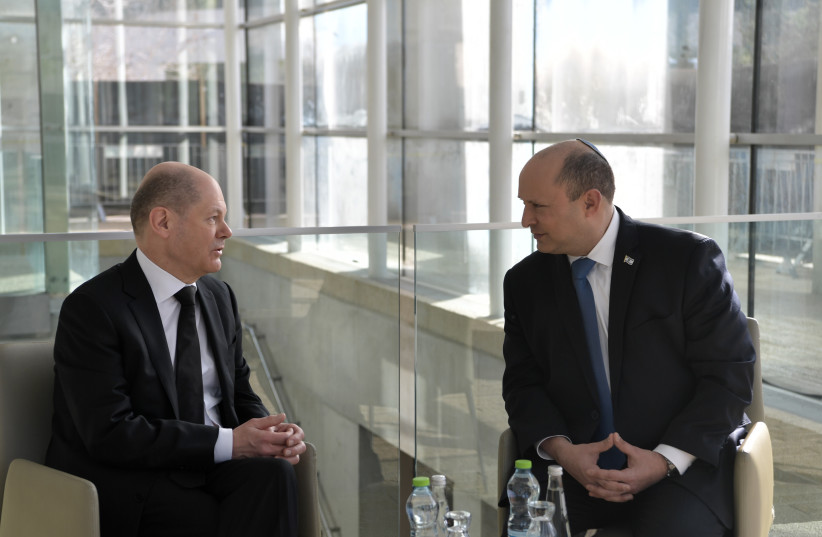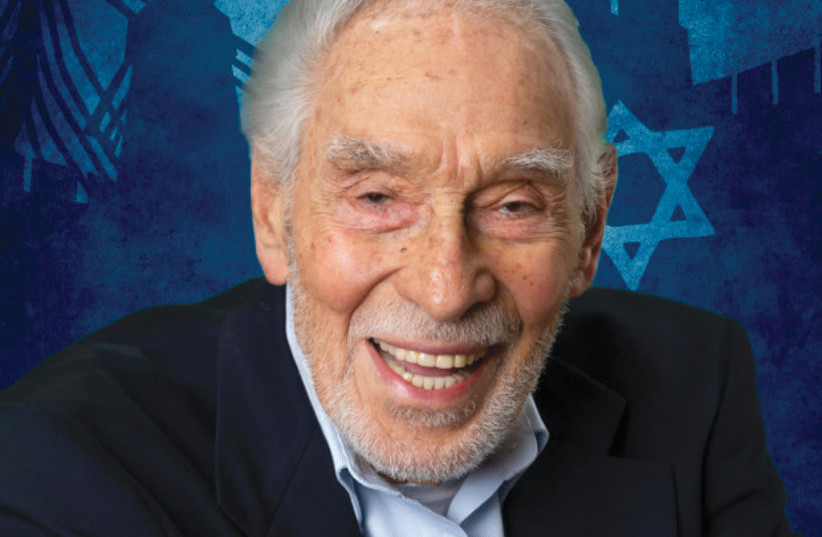UKRAINE WAR
Tens of thousands of Ukrainian Jews expressed interest in aliyah following the Russian invasion of Ukraine, the Jewish Agency reported. As part of what was termed Operation Israeli Guarantee, some 400 refugees fleeing Ukraine arrived in Israel on March 6 on three separate flights from Warsaw, Moldova and Romania, including 100 children from Ukrainian orphanages. Prime Minister Naftali Bennett sought to mediate an end to the war in a meeting with President Vladimir Putin in Moscow on March 5 and on the phone with Ukraine’s President Volodymyr Zelensky, who proposed the idea of Israeli mediation. “Even if the chance is not great – as soon as there is even a small opening, and we have access to all sides and the capability – I see this as our moral obligation to make every effort,” Bennett said. Three Israeli planes flew 100 tons of humanitarian aid to Ukraine, including medical equipment, tents and coats.


